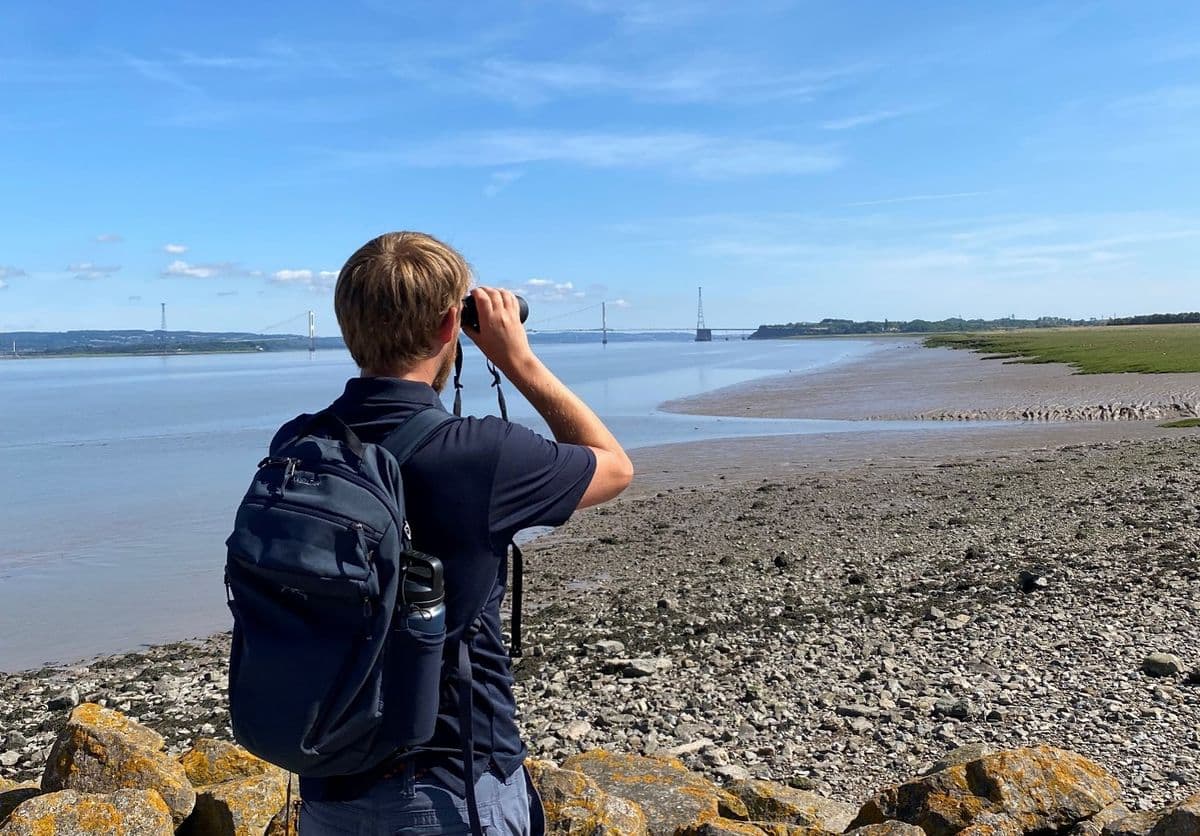
UK Conservation
Our UK Conservation Programme is focused on projects within the South West of England.
These include native species recovery, habitat restoration and control of non-native invasive species in combination with research, citizen science, community engagement and outreach.
This vital conservation work is made possible by the generous donations of our supporters such as Marshfield Farm Ice Cream, who sponsor our work with native species.
Our UK projects
Crayfish conservation
The white-clawed crayfish (WCC) is listed as globally Endangered by the IUCN.
Threats include habitat loss, fragmentation, pollution, invasive crayfish and the spread of the associated crayfish plague.

Key achievements
21 ark sites have been established in the South West for both wild-caught and captive-born WCC
Over 4,000 wild WCC have been moved into ark sites from threatened rivers
We have bred crayfish from six different river catchments and released over 3,000 into ark sites
A pilot trial for invasive crayfish control has been set up at a local lake
AQUA Accreditation award
AQUA is a national biosecurity accreditation scheme that we developed in response to the growing threat of invasive non-native species (INNS).
The aim of the scheme is to work with organisations and waterway users to help them increase their biosecurity efforts.

Key achievements
60 sites accredited, Bronze, Silver & Gold AQUA awards
Project expanded nationally from original South West pilot project
5 water companies involved in the project
Funding secured from APHA
Avon Invasive Weeds Forum (AIWF)
The AIWF was created in 2008 with the aim to educate, raise awareness, control and reduce the spread of invasive non-native species (INNS) in the Avon region.

Key achievements
200km of riverbank surveyed for INNS
50% reduction of Himalayan balsam on local tributaries of the River Avon
Japanese knotweed and giant hogweed under control in the region
Creation and support of 14 Community Action Groups (CAGs) in the region
Over 180 awareness-raising events including INNS conferences, lectures, training courses and festivals
Silky wave moth
The silky wave moth is extremely rare in the UK, with the only known English population found on the Avon Gorge and Downs, a Special Conservation Area and a Site of Special Scientific Interest in the heart of Bristol.

Key achievements
Bristol Zoological Society has conducted annual surveys since 2011
Of the 13 sites, 12 have showed continued silky wave moth presence
Our long-term monitoring can help track population trends and can highlight areas where habitat management is needed
Bristol Zoo Project
Bristol Zoo Project (BZP) is a conservation zoo run by Bristol Zoological Society. This UK conservation project is centred on enhancing native biodiversity in harmony with the BZP boundary.

Key achievements
Discovery of a nationally scarce species of necklace ground beetle (Carabus monilis)
Successful translocation of a small but established badger sett from the centre of the site into an area of the woodland
Comparison surveys between the Bear Wood development and a control site in Blackhorse Woods for a range of species
Linking the Levels
Linking the Levels is a collaboration project between Bristol Zoological Society, the Bristol Avon Rivers Trust, and South Gloucestershire Council. We are working to establish the state of biodiversity within the Lower Severn Vale and develop projects to strengthen and reconnect nature. Our projects focus on climate change resilience and reconnecting people to the landscape.

Key achievements
Controlling invasive non-native species and creating a Biosecurity Action Plan for the project area.
Surveying and preparing new sites for species such as water voles, glow worms and Estuarine birds.
Expanding wetlands, improving biodiversity corridors, and supporting communities and landowners to take action for nature.
Meet our UK conservation team

Dr Jen Nightingale (she/her) – UK Conservation Manager
Jen is a conservation ecologist and has been with BZS since 1997! She joined as the Aquarium Curator and then moved over to managing the UK Conservation Team in 2002.
Jen has a MSc in Wildlife Management and Conservation and a PhD investigating aquaculture techniques and reintroduction for white-clawed crayfish. Jen is a crayfish specialist with a passion for all things aquatic.

Nicola Cooke (she/her) – UK Conservation Officer
Nicola has been working for the Society since 2013, starting out as an invertebrate keeper and aquarist, moving to the field science conservation department in 2022.
She has an MSc in wildlife and conservation management, is passionate about native species conservation and particularly loves invertebrates and getting in the water.

Neil Green (he/him) – UK Conservation Officer
Neil has been working for the Society since 2012, initially running the Avon Invasive Weeds Forum. In subsequent years, he has carried out all sorts of other native and invasive surveys.
Since 2019, Neil has been heading up the AQUA accreditation scheme, working with multiple partners to disseminate the Check Clean Dry biosecurity protocols nationally across a multitude of organisations.

Georgina Jarman (she/her) - UK Conservation Officer
Georgina began working at Bristol Zoological Society in 2024, having previously volunteered at Bristol Zoo Gardens from 2016 to 2020 as an Aquarium Keeper and Animal Encounters Presenter.
She holds a BSc and Postgraduate Certificate in Ecology and has experience in animal husbandry and working on reintroduction projects. Currently, she leads a variety of ecological surveys at Bristol Zoo Project and assists with the white-clawed crayfish hatchery.
Latest UK conservation news

Conservation on our doorstep
From rare moths to disappearing wetlands, we are working every day to protect what makes our local landscapes so special.
Conservation Heroes: UK Native Species spotlight
Our UK conservation heroes are dedicated to conserving and protecting the beautiful nature and wildlife around us.

Help us to save wildlife!
Our conservation team's amazing work wouldn't be possible without our visitors, members, donors and partners.
Find out how you can support our conservation charity and help Save Wildlife Together.

